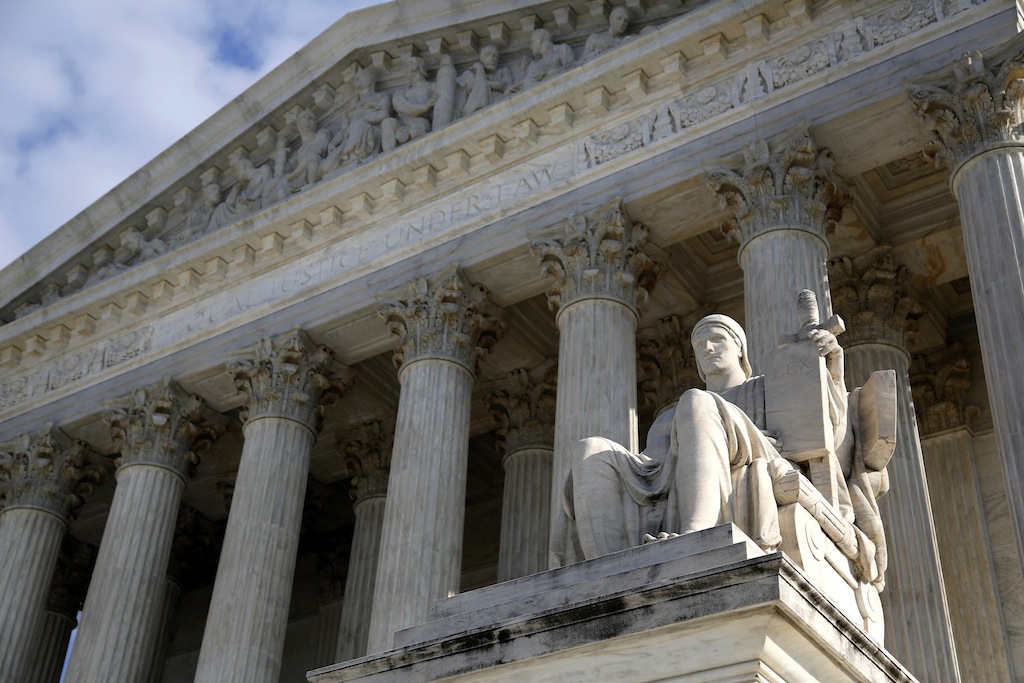Dear Editor:
Barbara Biasotti’s personal story about her daughter’s disappearance and subsequent mental health deterioration is deeply affecting to me. I know how devastating a mental illness can be, beginning with my own severe breakdown at a Bronx college some 40 years ago. And I share her outrage at how broken our public mental health systems are, both from working 18 years in a state hospital and in community services and from almost 25 years of advocating for system reform and accountability.
But while Barbara is absolutely correct in saying the mental health system must be fundamentally overhauled, H.R. 2646, the Helping Families in Mental Health Crisis Act, will not help achieve that goal.
H.R. 2646, introduced by Congressman Tim Murphy, has been the subject of considerable debate and, sadly, has done more to promote conflict and controversy than consensus and action. Supporters of Congressman Murphy’s bill highlight two reforms that, they feel, would improve mental health care in the United States: altering the Health Insurance Portability and Accountability Act, and expanding Assisted Outpatient Treatment.
These particular provisions would not merely fail to improve patient care – they would turn back the clock on decades of efforts to engage and better treat individuals living with serious mental health conditions.
The Health Insurance Portability and Accountability Act of 1996 – commonly referred to as “HIPAA” –created a patient’s right to privacy for his or her personal health information and placed limits on who can access that information. Proponents of H.R. 2646 argue that HIPAA ought to be modified, citing instances when mental health providers fail to communicate with families about dangerous circumstances, or when a person with a mental illness cannot make an informed choice about disclosing his or her information.
While these tragic circumstances certainly exist, HIPAA is not the problem.
HIPAA already allows providers to share a patient’s health information with his or her loved ones, if the provider feels that doing so is in the best interest of the patient and the patient does not have the capacity to agree or object to the sharing of information. This exception includes situations in which a patient is experiencing an acute episode of psychosis, as happened to Mrs. Biasotti’s daughter. Providers may also share patients’ health information if they feel that doing so “is necessary to prevent or lessen a serious and imminent threat to the health or safety of the patient or others.”
Cases in which families are denied this information won’t be solved by weakening HIPAA. This issue can only be resolved through an intensive education campaign for providers and families – neither of which H.R. 2646 provides.
Frighteningly, the changes to HIPAA proposed in H.R. 2646 wouldn’t merely fail to solve the problem they profess to: they could have the heartbreaking effect of dissuading those living with mental illness from getting the treatment they need. Effective psychiatric treatment depends on trust between patients and doctors. If patients can’t be assured that their personal information will remain private, they might withhold critical information from their doctors – or, even worse, stop seeing their doctors altogether.
In addition to weakening HIPAA, H.R. 2646 would provide incentives for states to enact Assisted Outpatient Treatment (AOT) laws. AOT is involuntary, court-ordered outpatient mental health treatment for individuals as a condition of their remaining in the community.
The evidence is clear, though, that AOT’s reliance on court order is not the cause of improved patient outcomes. In fact, the federal government’s National Registry of Evidence Based Programs and Practices states that AOT has not been “[e]valuated in comparative effectiveness research studies.” In many instances where AOT has been purported to work, it is impossible to conclude that it was the compulsory nature of the model and not the improved quality and availability of services that helped.
We see the value of such services at NYAPRS. NYAPRS is a partnership of people and providers – people with long histories of serious mental illness who have been and would still be homeless, incarcerated or suicidal were it not for the rehabilitative services offered by community recovery services.
Services like supportive housing and intensive case coordination are successfully keeping patients out of jails and hospitals and off the streets. Proper public policy must fund and expand access to these kinds of community-based services that have proven helpful to people living with serious mental health conditions, and can be offered without a court order. These services do not merely keep patients out of institutional settings, they often yield longer term engagement in treatment. While the system has failed overall to provide intensive and sustained engagement to those with immediate needs, it is wrong to blame the individual by forcing him or her into treatment. Instead, we should be working diligently to improve the system so that it works for everyone.
The federal government can and should be doing more to support those living with mental illness. While passing H.R. 2646 might allow Congress to check “mental health reform” off its to do list, it would simultaneously leave real problems unsolved, in addition to creating new ones.
Those who oppose H.R. 2646 have not forsaken those with serious mental health conditions. Rather, they understand that those living with mental illness need Congress to consider the unintended consequences that their actions might yield. Patients and their families need Congress to fund and foster greater access to effective services that protect patients’ privacy and dignity.
In short, they need Congress to do much more than check a box.
Harvey Rosenthal
Executive Director
New York Association of Psychiatric Rehabilitation Services (NYAPRS)















Follow Us